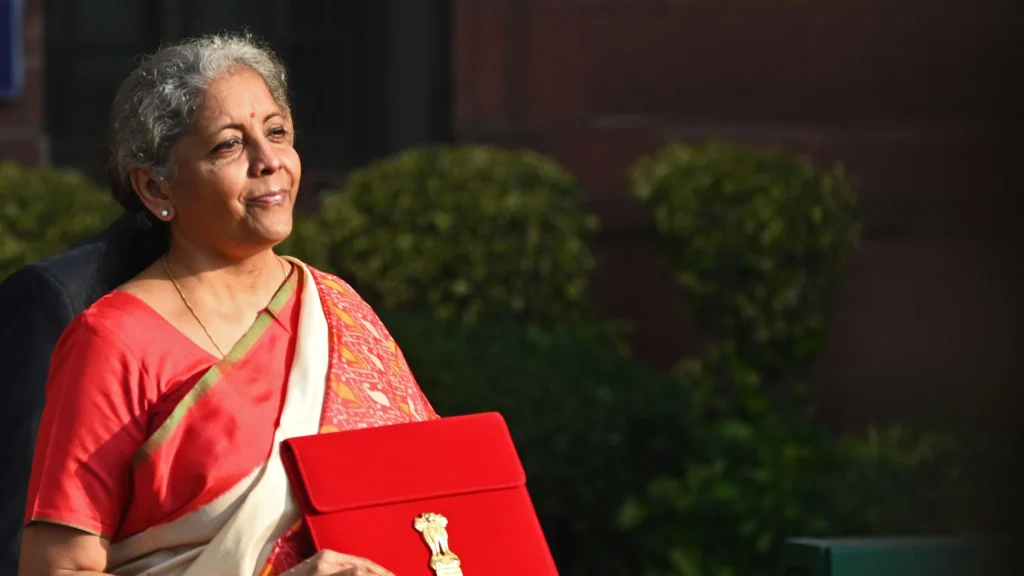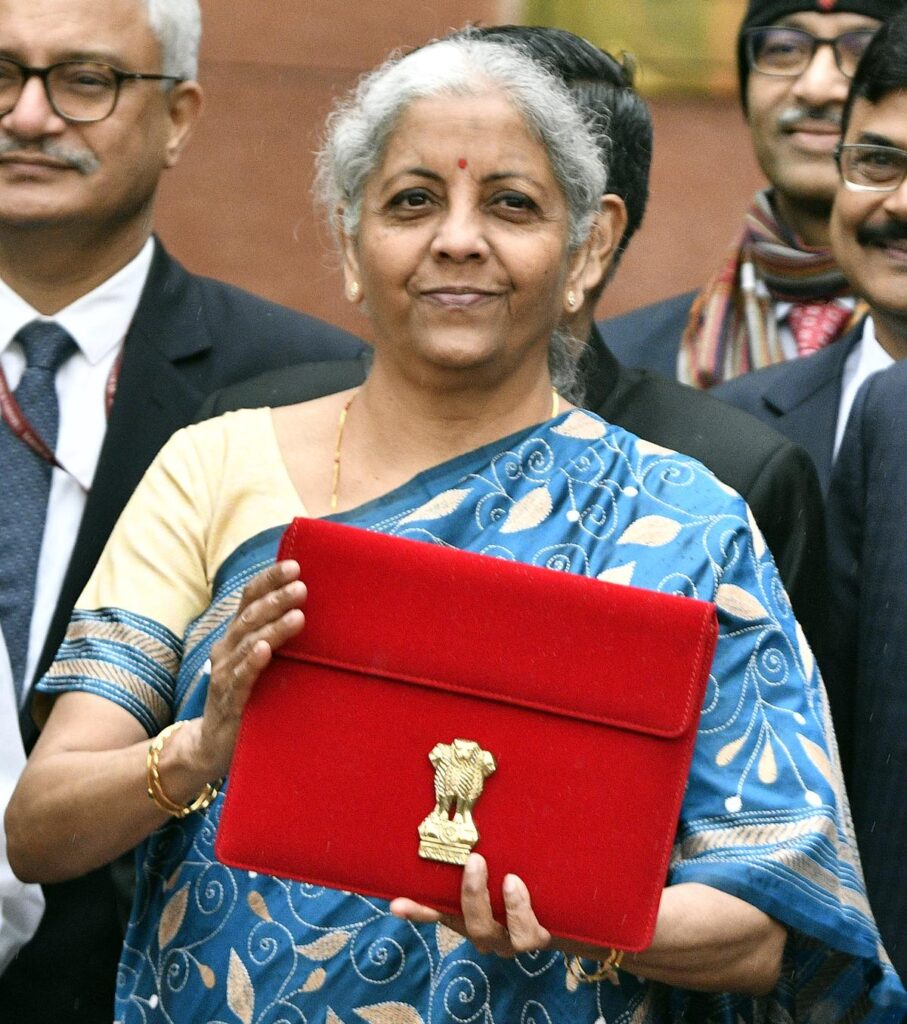Finance Minister Nirmala Sitharaman announced a significant 11 percent increase in capital expenditure for the upcoming fiscal year during the presentation of the Interim Budget on Thursday. This move aims to sustain the remarkable economic growth rate that has positioned India as a global leader. The budget also focused on deficit reduction and introduced reforms, while offering relief to the common man by addressing disputed small tax demands of up to ₹25,000.
The Interim Budget for the financial year 2024-25, presented in the form of a vote on account, did not propose any alterations to income tax rates for both individuals and corporations, as well as customs duty.
In a concise budget speech lasting less than an hour, Nirmala Sitharaman highlighted the achievements of the Narendra Modi government over the past decade. Emphasizing the transformative journey, she noted India’s evolution from a “fragile” economy to the fastest-growing major economy globally.

Key announcements for the common man
- Social justice: Prioritizing social justice, the Prime Minister is directing attention towards the empowerment of four key constituencies: ‘Garib’ (the economically underprivileged), ‘Mahilayen’ (women), ‘Yuva’ (youth), and ‘Annadata’ (farmers). This strategic focus underscores the government’s dedication to fostering inclusive growth and ensuring the well-being of these crucial segments of society.
- Welfare of ‘Annadata’: Focusing on the welfare of farmers, the PM-KISAN SAMMAN Yojana has delivered financial aid to an impressive 11.8 crore agricultural households, showcasing the government’s dedication to supporting this crucial sector.
- PM Awas Yojana (Grameen): Empowering women in rural areas, the PM Awas Yojana has allocated over 70% of houses to female beneficiaries. Despite challenges posed by the Covid pandemic, the government remains on track to achieve its target of three crore houses under the PM Awas Yojana (Grameen) soon. Looking ahead, plans include taking up an additional two crore houses over the next five years, showcasing a sustained commitment to rural housing development.
- Rooftop solarisation and free electricity:
Introducing a green initiative, rooftop solarisation will provide free electricity to one crore households, offering 300 units every month. This sustainable measure is anticipated to result in significant annual savings of ₹15,000 to ₹18,000 for each household, contributing not only to energy efficiency but also to economic benefits for the recipients. - Ayushman Bharat: Under the Ayushman Bharat scheme, healthcare coverage is now extended to include all ASHA workers, Anganwadi workers, and helpers, emphasizing the government’s commitment to supporting the health and well-being of frontline workers.
- Vaccinations for girls: The government will launch a cervical cancer vaccination drive for girls aged 9-14 and consolidate maternal and child healthcare schemes under a unified program, emphasizing a comprehensive approach to women’s health.
- Agriculture and food processing: The Pradhan Mantri Kisan Sampada Yojana has benefited 38 lakh farmers and created 10 lakh jobs, highlighting its significant impact on agriculture and food processing.
- Direct taxes: Sitharaman suggested maintaining the current tax rates for direct taxes, signaling stability in the tax regime without any alterations.
- Indirect taxes: For indirect taxes and import duties, the Finance Minister proposed keeping the existing tax rates unchanged, emphasizing continuity in the tax structure.
- Income tax: Income tax liability has been eliminated for income up to ₹7 lakh, a significant increase from ₹2.2 lakh in FY 2013-14, offering substantial relief to taxpayers.

